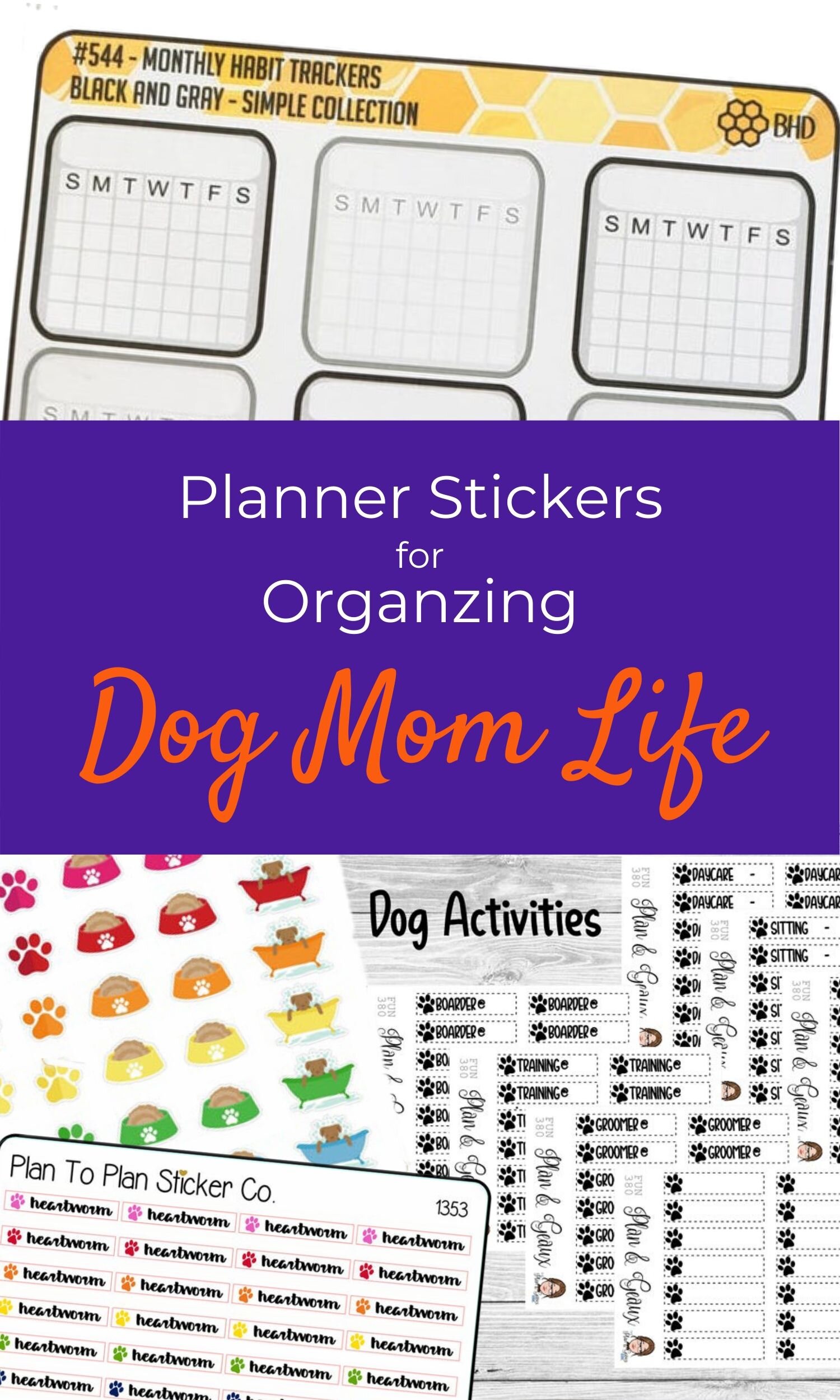Seven Strategies for Maintaining Good Sleep Hygiene
/For most of my life, I've been a night owl productively creating and organizing well past a reasonable bed time. However, living in Arizona with two dogs, one of whom is leash reactive, means waking up early for summer walks.
In July in Tucson, 101 is the average high with 74 as the low. Now 74 doesn't sound that bad, but if you truly want to exercise with your dog in that cooler range, then you're waking up at 4:30am because it really does take all night for the earth to cool off. And once the sun is up, you're feeling the heat by 7am.
Getting up early during the Tucson summers means arriving at Catalina State Park before the sun has risen over the mountains. Fewer cars in the parking lot too.
After being the person who pulled all nighters in college, and stayed up late grading papers when I was teaching, I had to learn to be a morning person. Naturally I did a bit of research.
What is sleep hygiene?
According to Dr. Craig Schwimmer of The Snoring Center, sleep hygiene "refers to habits and behaviors that can help improve sleep. Our daily routines - what we eat and drink, how and when we exercise, the drugs and medicines we consume, how we schedule our days – can significantly affect the amount and the quality of the sleep we get."
How many hours should an adult be sleeping?
I've always heard that I should sleep at least 8 hours per night. My FitBit even suggests 8 hours as my nightly goal. However, according to the information I found on the CDC page Getting Enough Sleep? adults aged 18-60 should sleep at least 7 hours each night, which seems much more manageable for me.
Over the past three months, I've been consistently waking up between 4:30-5am, which shocks me! I never would have thought I'd transition to being a morning person, but I have.
My seven strategies for transforming into a morning person!
1. Practice good sleep hygiene.
Decide on your sleep goal. How many hours do you want to sleep each night to feel most productive during your day?
Then go to bed at the same time each night. Wake up at the same time each morning.
When you plan your bed time, be realistic. You have a nighttime routine. Be sure to know how long it really takes you to run through that routine so you can finish those tasks before your actual bed time.
While I rarely hit my goal of 8 hours of sleep each night, I was able to successfully shift my 6+ hours of sleep each night so I could wake up earlier.
2. Be consistent.
I'm really stressing sleep hygiene here. If you're tempted to stay up late for a movie marathon or a special date night, just be sure that those events truly are special. If they start happening every weekend, then you're not going to be able to maintain the early morning wake up time.
Set hard limits on how frequently those special occasions can occur. Keep that cicadiam rhythm humming along.
3. Avoid mid-day naps unless you're truly hurting.
If you have a migraine or feel like you're coming down with something that you know is going around the office or neighborhood, then by all means, take a nap. Allow your body to rest more to fight off those germs.
But if you're just feeling a lull in your afternoon, especially after lunch, then get up and do something. Keep active. Push through. Do not give in to the temptation to nap because you'll probably have more difficulty falling asleep at your regular bed time.
4. Consider investing in a FitBit or another health tracker.
Seeing how much sleep you get each night could be motivating. On days when you see the amount of sleep you had decrease, that's a pretty good incentive to get to bed earlier that night.
Over the past several months, I can see that I average just over 6 hours of sleep each night. While I shifted my wake up time successfully, I didn't increase the amount of time I spent sleeping. But I didn't decrease it either.
5. Drink your gobs of caffeine in the morning.
Find the time of day that works best for you to quit consuming caffeine.
Also, stay hydrated.
I will drink many cups of coffee in the morning. I used to drink coffee until noon. With an earlier wake up time, I found myself cutting off my caffeine lifeline around 10-11am. I didn't really notice that time shift until I thought about writing this piece.
6. Avoid screen time right before bed.
This one is hard. People like to watch the news or late night TV. Even with a 9-10pm window for getting into bed, I frequently found myself reading on my iPad or Kindle.
Employ will power and put the charging station and/or cable no where near your bed!
7. Use a relaxation protocol.
We use relaxation protocols with our dogs, so why not create one for humans!
If something is stressing you out or monopolizing your mind during what should be mental down-time, anticipate that you may have a hard time falling asleep that night. A wandering anxious mind doesn't want to rest, but you might be able to coax your body into working in your favor.
At least an hour or two before bed, run a hot bath. If you can stand truly hot water, then boil some hot water and add it to your tub. Throw in some epsom salts, baking soda and your favorite essential oil. My personal favorite relaxing essential oil is lavender. Soak for at least thirty minutes. Keep your anxious mind busy with an audiobook or podcast.
By raising your body's temperature with a good thirty minute soak, you're now poised to trick your body into thinking you're tired. As your body cools off, you should feel more and more drowsy.
When you're done with the bath, avoid all forms of technology, grab an old fashioned book, and plop yourself in bed. Hopefully your mind will relax as much as your body and you can drift off to sleep.
My annual checkup is coming up, so I'm planning on discussing my progress and goals with my doctor. You should talk to your doctor about the best sleep hygiene practices you should be implementing.
The seven strategies here have helped me wake up earlier while maintaining my previous sleep average. I still have work to do on increasing how much sleep I get each night, but I do feel closer to achieving my goal.
Doggie snuggles have helped too.
































